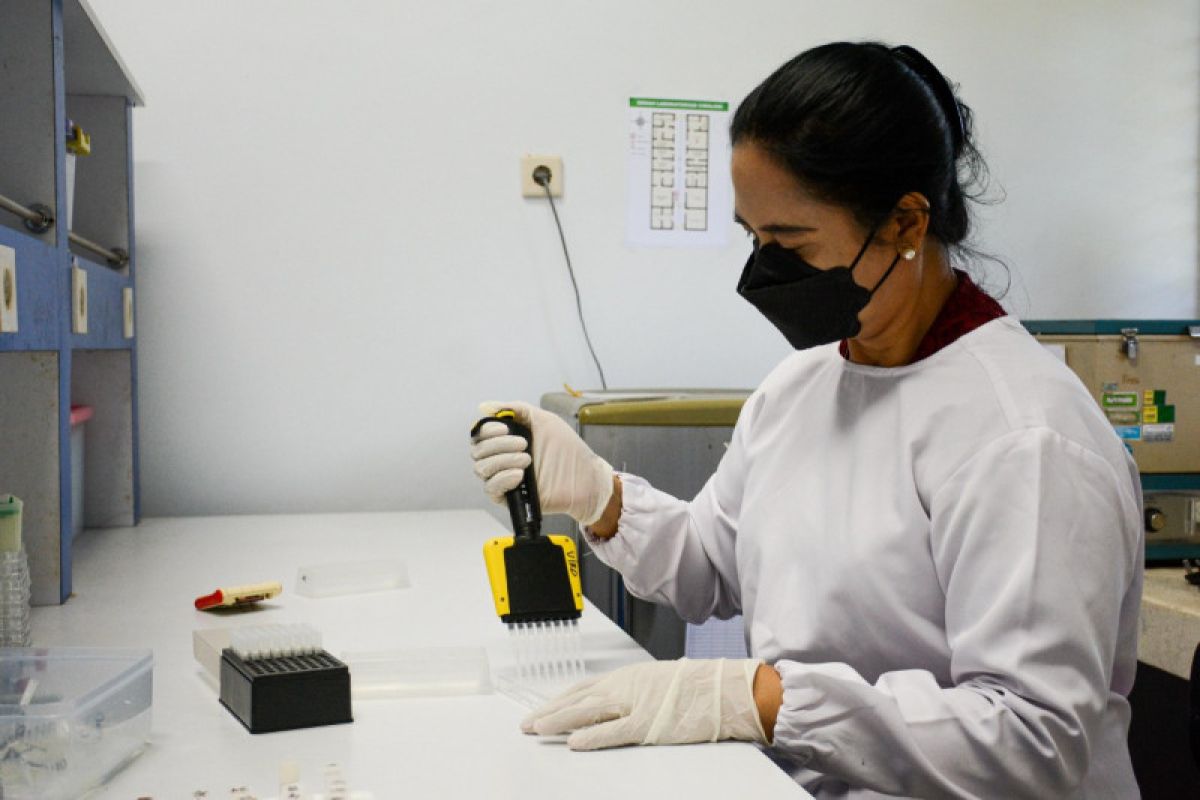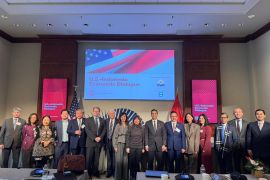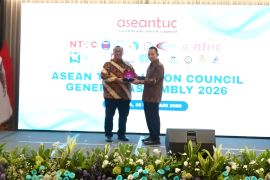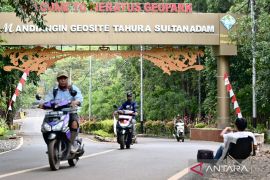ZDAP is a global collaboration for responding to emerging zoonotic threats and advancing the global health security agenda.
In 2021, the Disease Investigation Center (DIC) Wates in Yogyakarta was endorsed as the ASEAN Regional Reference Center for Veterinary Bioinformatics by the ASEAN Sectoral Working Group on Livestock (SWGL), according to a statement received from FAO Indonesia here on Thursday.
Following the recognition, DIC Wates has established itself as a laboratory with expertise in bioinformatics and has been supporting and advising other laboratories in ASEAN countries on bioinformatics-related issues.
Bioinformatics is an interdisciplinary tool for computing and analyzing biological data, including agents that have the potential to cause disease in animals, plants, and humans.
Using bioinformatics, the characteristics of disease agents can be studied comprehensively for improving the efficiency and effectiveness of disease control efforts.
The workshop organized by Indonesia involves a series of training sessions designed to increase laboratory personnel's bioinformatics capacity and enable laboratories in ASEAN and ZDAP countries to understand the evolution of specific virus agents to rapidly detect new emerging infectious disease (EID) threats.
It is also meant to serve as a platform for participants to share their knowledge and experiences to establish a strong bioinformatics network in the Asian region.
Related news: COVID-19- Need uniform global research, manufacturing capacity: govt
"This workshop is part of Indonesia's commitment to strengthening ASEAN regional mechanisms for the prevention, early detection, and control of animal and zoonotic diseases with pandemic potential, as well as strengthening the animal health sector through a One Health approach," said Nuryani Zainuddin, director of animal health at the Indonesian Agriculture Ministry.
Through the workshop, Indonesia is focusing on contributing to increasing the capacity and network of laboratories in ASEAN for bioinformatics, she added.
"As a leading country in the Global Health Security Agenda and Zoonotic Diseases Action Package (ZDAP), Indonesia will also involve and strengthen public and veterinary health laboratories in Indonesia, ASEAN, and ZDAP countries to implement bioinformatics using the One Health approach," she said.
Food and Agriculture Organization of the United Nations (FAO) Representative for Indonesia and Timor Leste, Rajendra Aryal, hailed the workshop as a milestone in the animal health sector.
"The years of collaboration between FAO and the government of Indonesia have strengthened the capacity of DICs to enhance the detection and prevention of zoonotic threats. We are delighted to see that the improved knowledge and capacity can be shared with other countries in Southeast Asia," Aryal said.
Since 2006, the FAO, with the support of the United States Agency for International Development (USAID), has been working closely with the Indonesian government to provide DICs comprehensive training on laboratory biosafety and security, quality assurance, risk mitigation, and standardization of procedures.
The current initiative on bioinformatics has been co-funded by USAID and the government of Australia through an FAO-Australia-ASEAN joint project on Strengthening Mechanism in Animal Health (SMART-ASEAN).
Related news: 3rd HWG agrees on global research, manufacturing development
Related news: Implementing 3rd HWG to build equal global health system: Minister
Reporter: Yuni Arisandy Sinaga
Editor: Suharto
Copyright © ANTARA 2022












